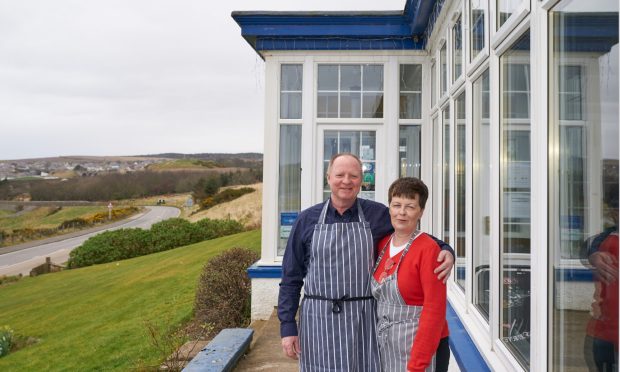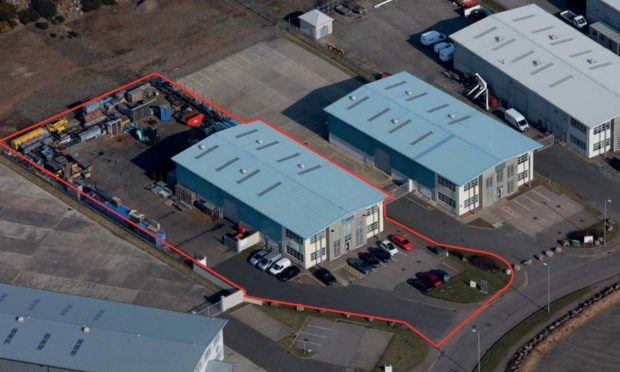Is investing in commercial property a better bet than residential buy-to-let right now? Lawyer Yasmin Myles takes a look.
As the UK’s residential buy-to-let market becomes ever more constricted, a simple swap to commercial leasing may provide a money hack for investors.
Higher mortgage rates, increased regulation and an uncertain housing market have made the residential property sector a challenge for investors.
Meanwhile, commercial property has fast become a great value opportunity.
In years gone by it was well within reach for some people to buy a second home, let it out and, in return, earn some extra income.
And in recent years the holiday letting market has become increasingly popular for those looking to buy second homes.
But now, if you already own a property, the purchase of a second home will see you pay a large slab of tax in the form of additional dwelling supplement. This is in addition to land and building transaction tax.
There are also heavy regulation requirements to comply with for letting out residential property, and fees for a short-term letting licence if you are in the holiday home market.
Less hurdles to overcome when you invest in commercial property
In addition, there are risk assessments, testing and documentation requirements to consider.
These costs add up and, against the backdrop of a sector that has become increasingly turbulent in recent years, many landlords are now feeling the strain – leaving a market fraught with uncertainty.
The purchase of a second home will see you pay a large slab of tax in the form of additional dwelling supplement.”
For those with some cash to invest and a willingness to take a different path, there are far less expensive regulatory hurdles to overcome when letting out commercial property.
Crucially, it is legal for owners of commercial properties to devolve responsibility for regulatory compliance to their tenant.
There’s a common misconception that commercial property is more complex and expensive to deal with than residential.
But this is not the case and people are often surprised by how straightforward such an investment can be.
What are the options?
The market is broadly split into large-scale commercial developments – such as shopping centres, industrial units and multi-storey office buildings – and smaller, single-let commercial premises like bakeries, salons, restaurants and individual shops.
Often underrated, the commercial property letting business is a sound investment.
Investors do not need to pay additional dwelling supplement, nor do they need a licence to let the property out. Commercial property will usually attract higher rents, tenants are likely to stay for a considerable time and there are often much longer notice periods.
Meanwhile, the statutory compliance documentation residential landlords are responsible for maintaining is largely passed down to tenants under a commercial lease.
A huge part of the appeal for our commercial property clients is the “full repairing and insuring” tenancies we often see.
With these, tenants are not just responsible for maintaining premises throughout the period of the lease. They also have more responsibility for ensuring premises stay in the condition they were in at the start of the tenancy.
Stable income
This can ensure landlords get a stable income without them having to fork out regular repair fees. It also gives them some foresight when it comes to vacancy risks.
Getting a commercial mortgage isn’t necessarily any more complex than securing one for a buy-to-let property, especially with the rules around buy-to-let versus holiday lets.
I would advise anyone looking for an investment property to look into the commercial options available, rather than automatically going for residential as so many people tend to do.
Yasmin Myles is an associate at Wright, Johnston & Mackenzie, and part of the law firm’s Inverness-based commercial property team.










Conversation